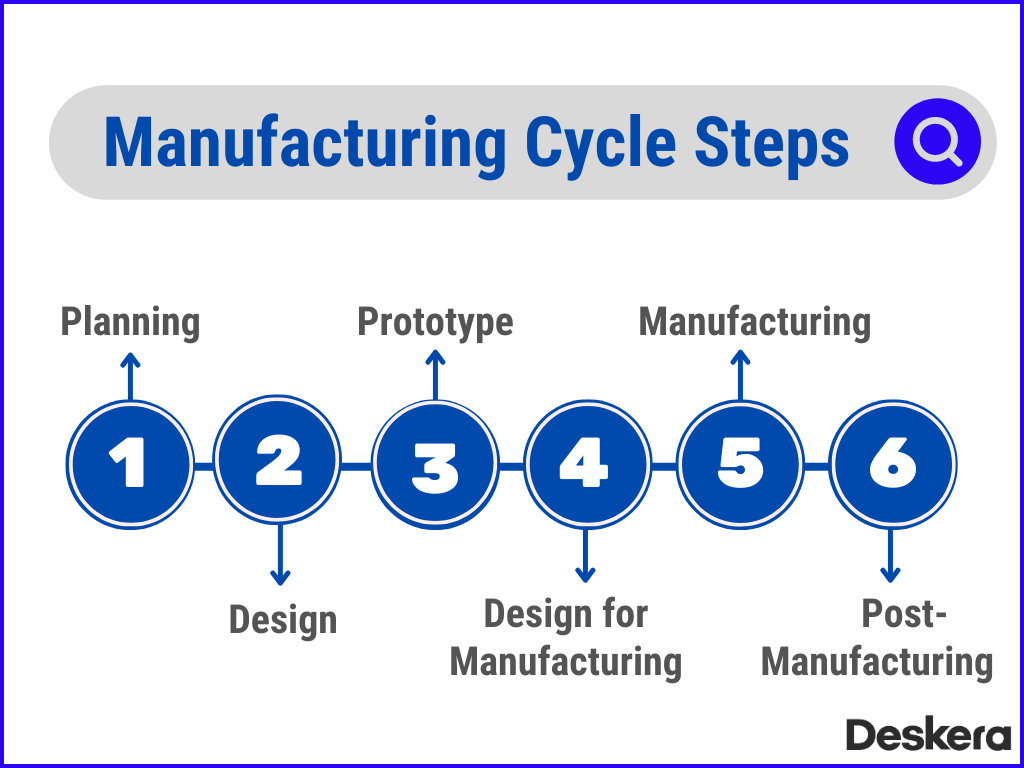Lately, the manufacturing industry has started to embrace a new paradigm focused on sustainability and efficiency. As environmental issues increase, manufacturers are seeking innovative ways to incorporate sustainable practices into their production processes. The advent of intelligent manufacturing systems is revolutionizing this shift, merging innovative technology with green product development to lessen ecological footprint. This transformation is not just a trend; it is becoming a vital component of contemporary manufacturing approaches.
Intelligent manufacturing systems utilize robotic technology, analytics, and the connected devices to create more responsive and eco-friendly production settings. By utilizing these advancements, manufacturers can enhance resource use, reduce waste, and improve overall product lifespans. This new approach not only improves operational efficiency but at the same time aligns product design with environmental standards, cultivating a manufacturing landscape that places sustainability first while fulfilling consumer expectations for environmentally responsible goods.
Eco-friendly Design Practices

Sustainable design principles focus on reducing negative environmental effects and maximizing resource utilization throughout the goods lifecycle. It includes using renewable resources, reducing waste during manufacturing, and optimizing energy use in production processes. By integrating these practices, manufacturers can create products that are both practical and visually appealing and ecologically responsible. The idea of longevity further serves a key part, as creating products to endure longer reduces the need for frequent renewals, which in turn decreases material consumption.
Additionally crucial element of eco-friendly product design is the idea of lifecycle awareness. This approach considers the entire lifecycle of a product from natural material extraction to end-of-life. By analyzing each phase, designers can identify chances to lower power usage, reduce scrap, and enhance recyclability. Using closed loop development approaches, for example, enables items to be continually recycled and recycled, effectively closing the cycle and contributing to a sustainable economy. This holistic view promotes innovation in production methods and resource choices that correspond with sustainability objectives.
Lastly, cooperation between different stakeholders is crucial for successful eco-friendly design. Engaging with vendors, consumers, and also rivals can lead to collective best methods and development of standardized eco-labels, which make it easier for consumers to select sustainable products. Education and knowledge further play a vital role, as educated customers can drive interest for eco-friendly choices, encouraging manufacturers towards more eco-friendly methods. By means of collaboration and openness, the manufacturing sector can advance towards a more sustainable tomorrow while fulfilling the needs of the modern consumer.
Integrating Intelligent Tech
Smart tech will be revolutionizing how items are created and manufactured, facilitating greater effective as well as sustainable approaches. Through taking advantage of advanced techniques like the IoT, artificial intelligence, and ML, manufacturers can gather and analyze information real-time This data aids informed decision-making, allowing for improvements in materials usage, energy usage, as well as production processes, which are crucial for environmentally-friendly production.
The implementation of smart systems into factories improves enhanced collaboration between devices and people. As product design and manufacturing , automated technologies can cut loss by ensuring that raw materials get utilized more efficiently, whereas intelligent machines can modify manufacturing timelines based on market demands. This partnership not only lowers environmental footprint but also enhances overall productivity, creating it a favorable outcome for manufacturers dedicated to eco-friendly practices.
Moreover, intelligent tech advances clarity in the logistics chain, permitting companies to follow the ecological impact of their goods throughout their entire span. With tools such as distributed ledger technology and virtual replicas, companies are able to confirm that all facets of manufacturing is consistent with environmental goals. This increased visibility allows both businesses and customers to take more responsible choices, which ultimately adds to a more sustainable tomorrow.
Measuring Environmental Impact
Assessing the eco-friendly impact of industry practices is crucial for any sustainability-focused intelligent manufacturing facility. Metrics such as carbon emissions, water usage, and waste generation provide critical insights into a facility's ecological footprint. By leveraging sophisticated monitoring technologies, manufacturers can gather immediate data on these factors, allowing for timely adjustments to enhance resource use. This accurate assessment facilitates data-driven decision-making and assists with setting eco-friendly targets that drive continuous improvement.
LCA, or LCA, is a central tool in evaluating the sustainability effects of design processes. It takes into account all stages of a product's lifecycle, from material sourcing through manufacturing, use, and waste management. By analyzing the full product lifecycle, manufacturers can spot significant areas for improvement and make strategic choices that lead to reduced environmental harm. Smart factories that adopt LCA can innovate in product design and materials, often leading to lighter, more efficient products that align with sustainability objectives.
Moreover, open reporting of eco-impact not only improves a company's transparency but also boosts its image among customers more and more interested in green practices. By disclosing sustainability metrics, businesses can illustrate their dedication to sustainable methods, establishing trust and loyalty in the consumer market. As intelligent manufacturing continue to advance, integrating robust sustainability assessment frameworks will be crucial in ensuring that environmental responsibility remains at the core of product design and production strategies.
